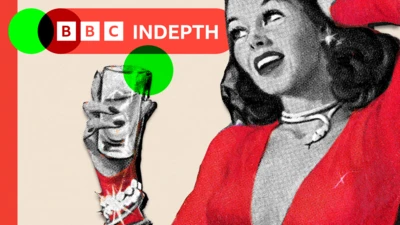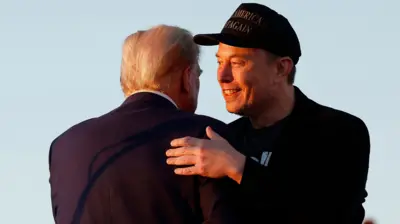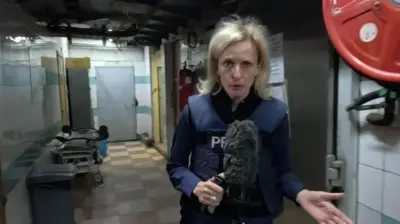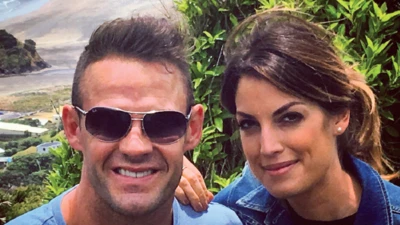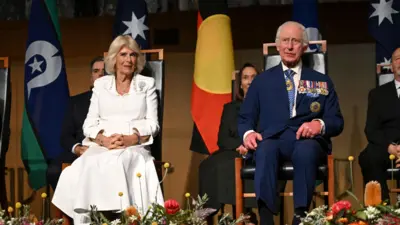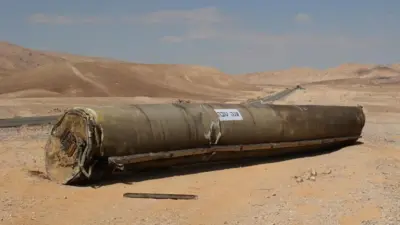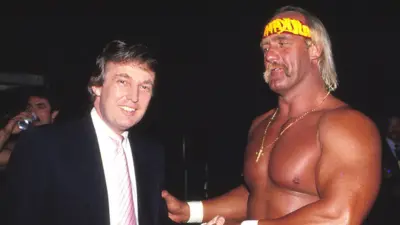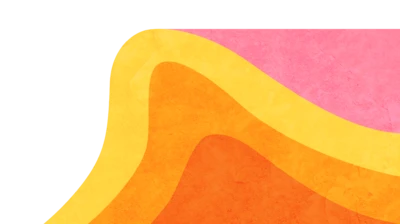We've updated our Privacy and Cookies Policy
We've made some important changes to our Privacy and Cookies Policy and we want you to know what this means for you and your data.
Bolivia judge vote: Void ballot papers dominate poll
Image source, Reuters
Most Bolivians who took part in the country's first ever ballot to elect top judges spoiled their ballot papers or left them blank, exit polls suggest.
Elected judges are a flagship policy of President Evo Morales, who said he wanted more democracy in the system.
But opposition parties said it was an attempt to politicise the judiciary and urged people to spoil their ballots.
About 45% of ballot papers were spoiled and 15% were left blank, the poll for the private ATB TV network suggested.
Official results will not be released until the end of October.
In a brief statement, Mr Morales refused to comment on the results but welcomed the high turnout.
"Some said there wouldn't be participation of the people in these elections," Mr Morales told reporters in La Paz.
"Those who tried to boycott these elections failed."
Authoritarianism gibe
The government says the results will still stand and the elected judges will take their posts, even if the exit polls are accurate and most of the votes are not valid.
Opposition leaders - who had urged voters to treat the vote as an unofficial referendum on Mr Morales's government - have welcomed the outcome.
"Today we did not elect judges," said Juan del Granado, leader of the opposition MSM party.
"Today the majority of the country has spoken out against a government characterised by authoritarianism."
The judicial elections were introduced as part of Mr Morales's programme to give more power to Bolivia's indigenous majority.
Voters were choosing 28 judges for four national courts, including the Supreme Court and the Constitutional Tribunal.
Half the candidates were women and a large proportion were indigenous.
Judges were previously appointed by Congress, where the governing socialist MAS party has a large majority.
Mr Morales, who is Bolivia's first indigenous president, won a second term in office with a landslide victory in December 2009.
But since then his popularity has fallen.
An attempt to end fuel subsidies last year provoked nationwide protests.
And this year a plan to build a road through an indigenous rainforest reserve in the Amazon angered many of the social movements that helped bring him to power.
Top Stories
More to explore
Most read
Content is not available
